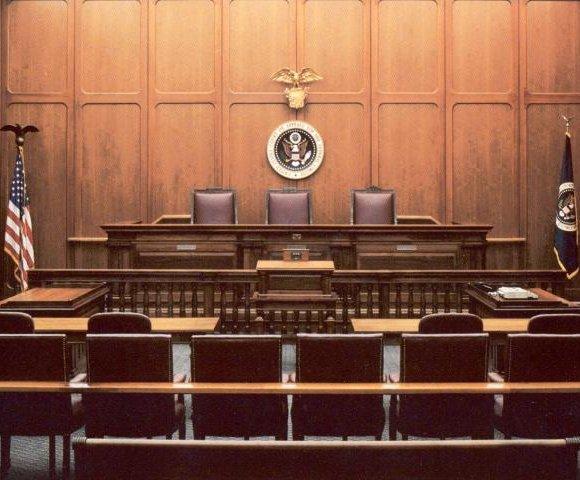A U.S. judge has struck down an Apple request for an injunction against Samsung's Galaxy Tab 10.1, telling the company to wait until an appellate court has issued a formal ruling on the issue first.
Judge Lucy Koh denied on Monday Apple's resurrected request for the sales ban because she wanted to wait until the United States Court of Appeals for the Federal Circuit had formally filed their ruling. Koh shot down Apple's request for an injunction last year, but the company appealed the decision.
The CAFC sided partly with Apple last month in allowing it to pursue an injunction against the Galaxy Tab 10.1. The court did, however, block Apple from reactivating its injunction request against several models of Samsung's smartphones.
Four days after the CAFC's findings, Apple refiled its motion for an injunction against the Galaxy Tab.
Since the CAFC has yet to issue a "formal mandate" of its findings, Koh ruled on Monday that Apple must wait until the ruling arrives before refiling its motion, FOSS Patents reports. She cited the possibility that the court could "rehear the matter, alter or amend the opinion or otherwise change the scope of issues that must be addressed on remand," adding that any injunction she granted now "would create confusion."
For its part, Apple had cited precedent from 1951 where a ban was issued ahead of a formal mandate in order to get misbranded drugs off the market. The company was apparently unsuccessful in convincing the court that the Galaxy Tab 10.1 situation is as urgent as the earlier case.
Though the delay could be seen as a minor setback for Apple, the report noted that "things could now fall into place very quickly" once the CAFC mandate arrives, assuming that it is in line with the court's already stated position.
The legal disagreement between Apple and Samsung began last year and has grown into a battle that is being waged across 10 countries. The CEOs from the two companies met late last month to try and reach a settlement, but they were unable to agree on the terms.



